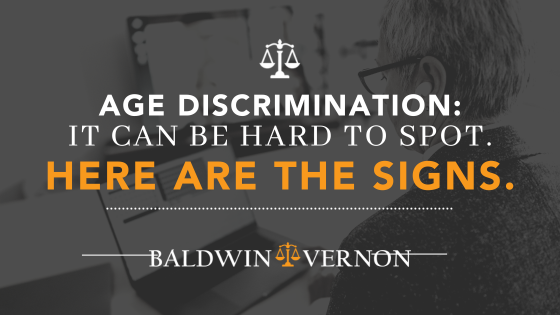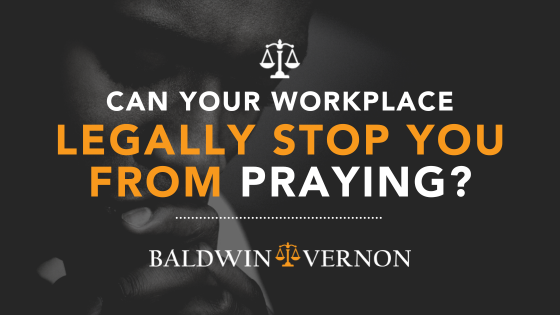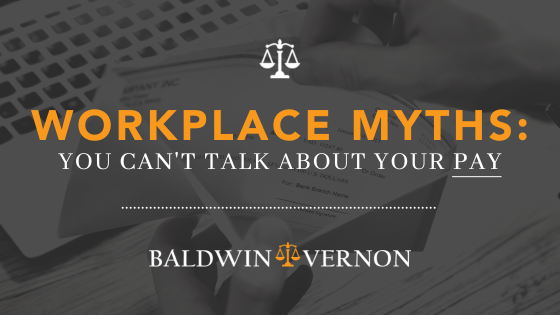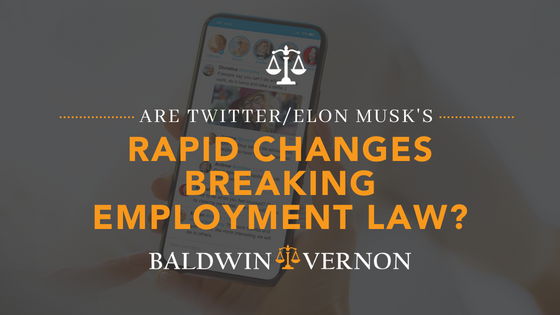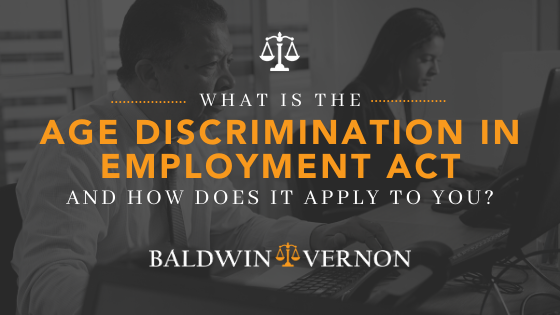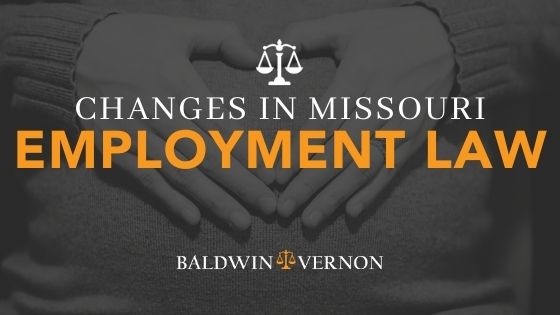Age Discrimination: It Can Be Hard to Spot. Here Are the Signs
You might not be ready to hang up your cape just yet, but the people around you might think differently. Age discrimination is becoming a more significant issue as new generations are flocking to jobs and making up a higher percentage of workers in certain industries. Whether intentional or not, age discrimination can happen to anyone over 40 and can blindside anyone who is affected by it. Age is the one protected category that crosses all others – race/religion/national origin/ sex/disability/ethnicity. Everyone ages, and as we age, the likelihood of age discrimination grows increasingly likely. Couple that with a disability and/or stereotypes for certain industries, and an employee can suddenly find themselves in unfamiliar territory of struggling to hang on [...]


